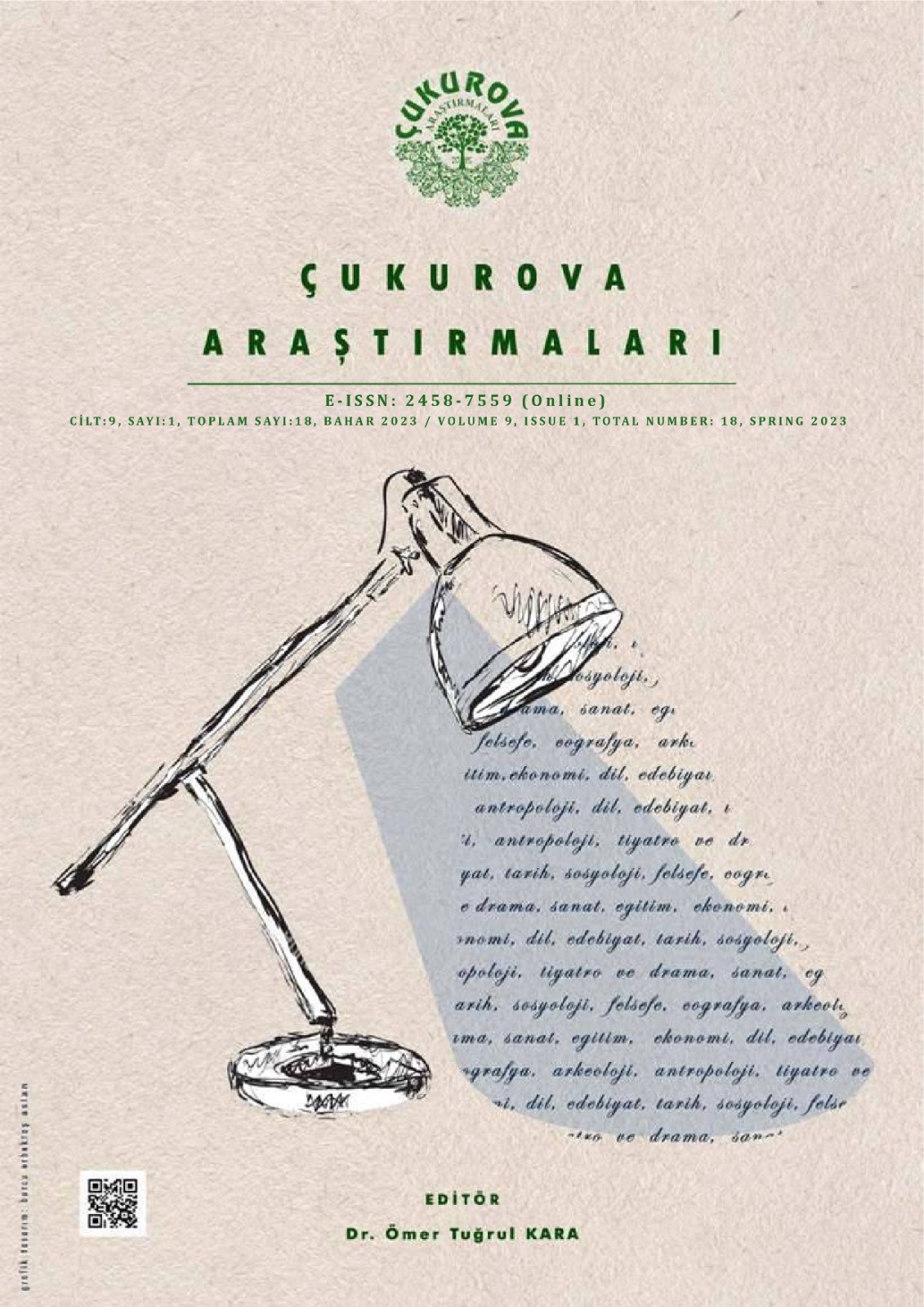Author :
Abstract
Sanayi Devrimi’yle birlikte oluşan sermaye birikimi, ham madde ve pazar arayışı küresel iktisadi ilişkileri kökten değiştirmiştir. Osmanlı Devleti bu değişimden etkilenmiş, XIX. yüzyılın ortalarından itibaren yoğunlaşan sermaye girişleri madencilik başta olmak üzere pek çok sektörde üretim ilişkilerini dönüştürmüştür. Bu sürecin daha iyi anlaşılabilmesi için değişen üretim ilişkileri çerçevesinde resmi kurumlar ve sermaye arasındaki ilişkiler ve işçilerin durumu gibi konularda daha fazla çalışmaya ihtiyaç vardır. Bu çalışma, Balya-Karaaydın Şirketinin Osmanlı bürokrasisi ve işçilerle olan münasebetlerinin araştırılmasıyla son dönem Osmanlı madenciliğindeki üretim aktörlerinin durumları hakkında yeni veriler sunmayı hedeflemiştir. Bu bağlamda, 1892-1914 yılları arasında işçilerin durumu ve hükümet-sermaye ilişkisi, grev gibi işçi olayları ekseninde kronolojik olarak incelenip değerlendirilmiştir.
Fransız sermayesinin Osmanlı Devleti’ndeki en mühim yatırımlarından olan Balya-Karaaydın Maden Şirketi, sermaye-Babıâli-işçi ilişkisi hakkında genel bir çıkarım yapmak için pek çok örnek sunmuştur. Babıâli ile şirket yönetimi arasındaki münasebet kazan-kazan ilkesi temelinde şekillenmiştir. Keza şirket yöneticileri de bu ilişkilerin korunmasına çok dikkat etmişler, hükûmetin avans, ek vergi gibi maddi taleplerini her zaman olumlu karşılamışlardır. Şirketin işçilerle olan ilişkileri genel itibariyle sakin olmakla birlikte, 1908 ve devam eden süreçte, pek çok grev hareketi görülmüş, grev gibi işçi olaylarında Babıâli şirket lehine tavır takınmıştır. Zira üretimin durması şirket gelirlerini azaltacak dolayısıyla hazineye ödenen vergi miktarını düşürecekti.
Bu çalışma neticesinde ulaşılan bulgular, Osmanlı madenlerinde yabancı sermaye-Babıâli-işçi üçgeninde yapılacak değerlendirmelere yeni veriler ve bakış açıları sunmuştur.
Keywords
Abstract
Capital accumulation, raw material, and market search that occurred with the Industrial Revolution radically changed global economic relations. The Ottoman Empire was affected by this change and the capital inflows that intensified since the middle of the 19th century transformed production relations in many sectors, especially in mining. In order to better understand this process, more studies are needed on issues such as official institutions-capital relations and the situation of workers within the framework of changing production relations. This study aimed to present new data on the production actors' situation in the late Ottoman mining period by researching the relations of the Balya-Karaaydın Company with the Ottoman bureaucracy and workers. For the purpose, the situation of workers and government-capital relations in the period of 1892-1914 were chronologically examined and evaluated on the axis of worker events such as strikes.
Balia-Karaidin Company, one of the most important investments of the French capital in the Ottoman Empire, offers many examples to make a general inference about the capital-government-worker relationship. The relationship between Babıâli and the company management was shaped based on the win-win principle. To maintain good relations, the company managers always welcomed the government's financial demands, such as advance payment and additional taxes. The relations of the company with the labors were generally stable. However, after 1908, the Balia-Karaidin mine labor went to many strikes. During these strikes, the Ottoman authorities took an attitude toward the company. Because the cessation of production would reduce the company's revenues, thus reducing the amount of tax paid to the Babıâli.
The findings obtained from this study provide new data and perspectives on the assessments of relations between foreign capital-Babiâli-mine workers in Ottoman mines.





